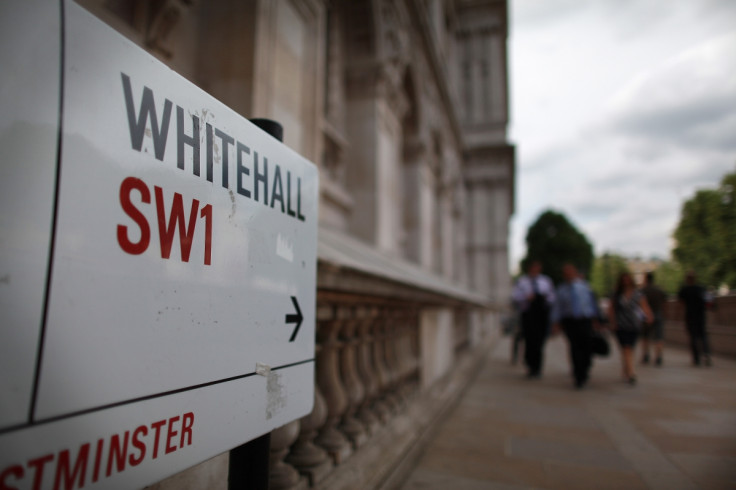Whitehall wastes up to £500m a year rehashing old rejected policy plans
Cabinet Office blames this on outdated and fragmented IT systems

Civil servants in the Uk are wasting up to £500m a year rehashing policy plans that their predecessors had rejected, a report by the Cabinet Office has uncovered.
The government analysis blamed Whitehall's outdated and fragmented IT systems for the waste. It said that it was difficult for civil servants to find out whether policy proposals had been previously investigated and rejected.
Some government departments hold more than 100 terabytes of information, which is equivalent to about a billion emails. Despite this, much of the information are not accessible by staff, The Times reports.
The analysis said that civil servants "wasted effort recreating old work" each year, with ministers "forming and reforming policy" with little to show for their efforts.
As an example, the report noted how the Labour government set up and abolished three healthcare inspection regimes. Further an aide to former prime minister Gordon Brown had said that some of the ideas in ex-chancellor George Osborne's 2012 budget had been presented to him seven years earlier and rejected.
The report, which was seen by The Times, however noted that even if the IT problems could be resolved, it would take a significant cultural change to stop Whitehall from "reinventing the wheel."
"Some departments have an ingrained reticence to share material except in very limited circumstances. Civil servants feel obliged to create new, dynamic and original ideas when these have already been considered [and ruled out] during previous policy studies," the reports says.
It added: "A long-term goal might be to create the expectation that civil servants will consider previous literature and the expertise of their peers within and outside government before developing new policy ideas."
The Cabinet Office report which was drawn up in response to a review of Whitehall's digital records strategy, found that the move from paper-based files to email and electronic documents over the past two decades had "undermined the rigour of information management across much of government."
Although little information had been lost altogether, Whitehall's "institutional memory has been severely compromised," it said.
The report criticised how records were kept. "Much of [the government's digital record-keeping] over the past 15 to 20 years is poorly organised, scattered across different systems and almost impossible to search effectively."
It adds: "This not only undermines the government's ability to structure and preserve long-term records, it also creates real and immediate risks for [civil servants] who may be unable to provide evidence for past decisions and actions or to meet their statutory obligations for public records and freedom of information."
The report has recommended that all departments assess the level of risk that they face. Government Digital Service teams and the National Archives have been advised to focus on preparing the government for digital record-keeping.
The Times said that despite drafting the report, the Cabinet Office was quick to point out that the £500m which it had calculated was "an entirely hypothetical figure which is not based on analysis of actual working practices."
A spokesman said: "Good information management is fundamental to good government and departments are taking steps to address the issues affecting digital record keeping."
© Copyright IBTimes 2025. All rights reserved.





















